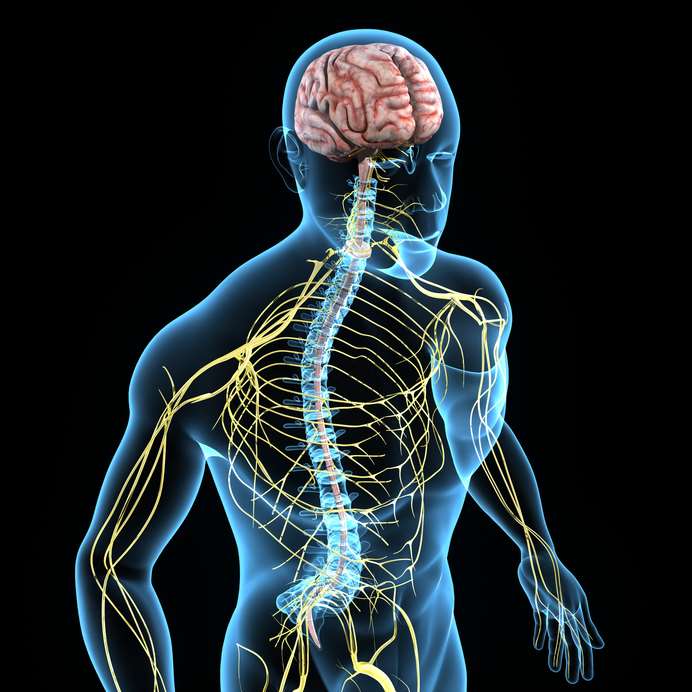Google is moving into the world of bioelectronic medicines by forming a $945 million offshoot with pharmaceutical giant GlaxoSmithKline.
Galvani Bioelectronics is the new company and it is 55 percent owned by GSK and 45 percent by Verily Life Sciences, which rebranded from Google Life Sciences.
The two parent companies will invest up to a combined £540 million ($945 million) over the next seven years in bioelectronics research, development and commercialisation.
Bioelectronic medicine aims to tackle a wide range of chronic diseases using miniaturised, implantable devices that can modify electrical signals that pass along nerves in the body.
The devices target irregular or altered impulses that occur in illnesses such as arthritis, diabetes and asthma.
“Many of the processes of the human body are controlled by electrical signals firing between the nervous system and the body’s organs, which may become distorted in many chronic diseases,” GSK’s global vaccines chairman Moncef Slaoui said.
“Bioelectronic medicine’s vision is to employ the latest advances in biology and technology to interpret this electrical conversation and to correct the irregular patterns found in disease states, using miniaturised devices attached to individual nerves.
“If successful, this approach offers the potential for a new therapeutic modality alongside traditional medicines and vaccines.”
GSK has been involved in the space since 2012 but the tie-up with Google will afford it access to “technical expertise in the miniaturisation of low power electronics, device development, data analytics and software development for clinical applications.”
“Initial work will centre on establishing clinical proofs of principle in inflammatory, metabolic and endocrine disorders, including type 2 diabetes, where substantial evidence already exists in animal models; and developing associated miniaturised, precision devices,” the two firms said.
Slaoui expected that Google and GSK together could “rapidly accelerate the pace of progress” in the emerging field and develop “medicines that truly speak the electrical language of the body.”
Verily CTO Brian Otis knows the collaboration is ambitious. “We know that success will require the confluence of deep disease biology expertise and new highly miniaturised technologies,” he said.
Galvani Bioelectronics will be headquartered within GSK’s global R&D centre in the UK, with a second research hub at Verily’s facilities in South San Francisco.
It will initially employ around 30 scientists, engineers and clinicians, but will fund collaborations with a range of third parties.
GSK vice president of bioelectronics R&D Kris Famm will lead the new company. Famm co-designed and led GSK’s exploration of bioelectronics.
Since 2012, GSK said it has struck “around 50 research collaborations” in bioelectronics and invested $50 million into a bioelectronics venture capital fund.
“Through these collaborations and investments, GSK has seen encouraging proof of principles in animal models in a range of diseases,” it said.
“We believe the first bioelectronic medicines could be ready for approval within the next decade.”









